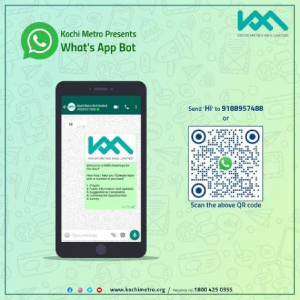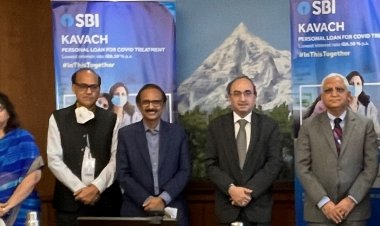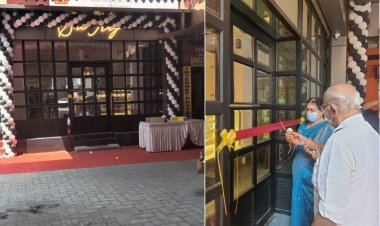Tukxi autos distribute over 20,000 food packets, 4,000 kits in lockdown-hit Kochi
For each trip, Tukxi pays the drivers fair charges based on kilometres, ensuring them a steady income.

The auto rickshaw drivers in Kochi have been making an exemplary statement by delivering over 20,000 food packets and more than 4,000 essential kits among the needy, even as their livelihood was affected by the pandemic-induced situation and triple lockdown. Drivers of the auto rickshaws registered with Tukxi, an application connecting three-wheeler taxis, have been doubling up as volunteers as part of a joint initiative by the Kochi Corporation and Tukxi.
Tukxi, Kochi’s very own ride-hailing application developed by Infopark-based startup Tukxi India Private Ltd, has registered over 600 autorickshaw drivers since its launch in January, 2021. When the pandemic hit the livelihood of the drivers, the firm launched a CSR initiative to support them.
Elaborating how they brought together auto rickshaw drivers, Arjun Thambi, marketing head, Tukxi, says, “When Covid-19 brought public life to a standstill, it was a heavy blow for those who earned a living from the public transport system. We felt responsible towards the drivers registered with Tukxi, but instead of providing them incentives, we thought of paying them while keeping them engaged. That was when the Kochi Corporation was looking for vehicles to transport food packets from the community kitchen to the families in distress, patients and those in quarantine.”
The call for volunteers received great response. Around 25 drivers immediately volunteered to transport food packets and essential kits to the needy. In each trip, they transported 250 packages of cooked food from the community kitchen twice a day. The drivers received passes from the Corporation for hassle-free service. For each Corporation trip, Tukxi pays the drivers fair charges based on kilometres the auto covered, thereby ensuring the drivers a steady income. “More than 10,000 food parcels and more than 4,000 essential kits were distributed among people in distress by Tukxi volunteers. We also deliver medicines to the needy,” he says.
Post lockdowns, Tukxi has expansion plans. “Our services now cover only Corporation limits. We have plans to widen our services to major tier-2 and tier-3 cities across Kerala. Next on the cards is an auto rickshaw ambulance service to transport patients to hospital and back home. Talks are on. We will come up with an extensive plan very soon,” adds Arjun.
Explaining how Tukxi cuts down on time and money, Arjun says, “Tukxi is envisioned as more than just a ride-locating application, unlike other online taxi apps. The aim of Tukxi is to bridge the digital divide in the public transport network – between traditional hired auto rickshaws and the ones connected by applications. Unlike other online taxi services, Tukxi connects the passenger to the nearest auto stand instead of the nearest driver. Only if the autos present at the stand aren’t available will the ride go to the nearest available driver on the premises.”
The Tukxi charges are reasonable and the lowest among service providers. “The commuters have to pay only the government-approved metre charges and a fixed booking fee of Rs 10. From the booking fee, a percent goes to the company and the rest as extra earnings to the drivers. We are not a commission-based service or have hidden charges or even surge pricing like others. Our aim is to not exploit but empower the auto rickshaw ecosystem,” says Arjun. Tukxi also enables real time ride tracking, match with favourite driver and women drivers on demand by female commuters.
Tukxi is mutually advantageous for the auto drivers and commuters who look for fair price, conflict-free environment and safety.


 Devika Nair
Devika Nair 











